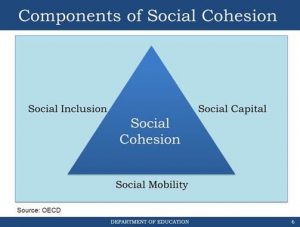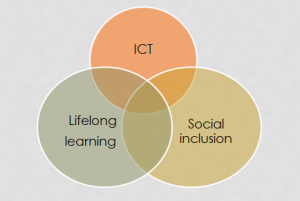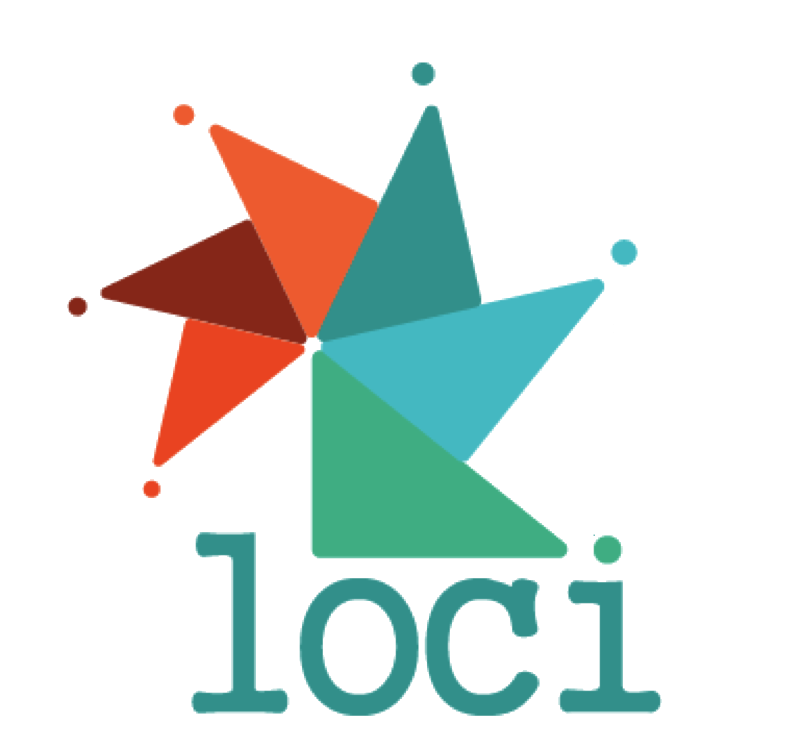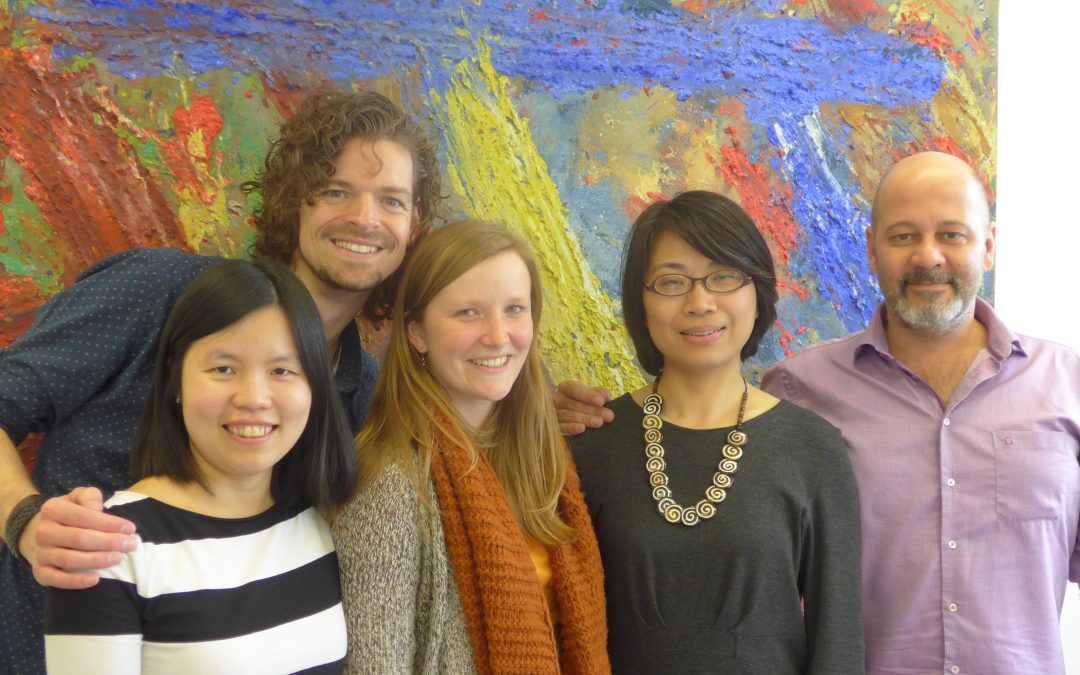The Strategic Research Program-Growth project (SRP28) with the research theme “Socially inclusive ICT-based adult learning”, supervised by prof. dr. Chang Zhu and prof. dr. Tom Vanwing, is initiated in response to two intertwining trends in adult education. The first trend covers the evolution of the traditional classroom into innovative learning environments, in which technology plays an important role. Next, adult learners’ participation in lifelong learning is not merely considered as economically relevant, but also as supporting social inclusion and social cohesion. Therefore, this project builds on three research domains, which are adult education, social inclusion and innovative ICT-based learning. For example, blended learning has received considerable attention because of its ascribed accessibility and flexibility as a learning modality. This is especially valuable because adult education institutions encounter challenges in adapting their educational services to the heterogeneous group of adult learners. Nevertheless, there is no well-informed theoretical or empirical research on incorporating ICT-based education to remove different types of barriers and to achieve the educational goals of personal empowerment in terms of social inclusion.

Against these backgrounds, this research programme produces the lacking evidence and empirical research on the social effects of ICT-based adult learning. Two research lines are recognized, which complement each other in terms of theoretical grounds and data collection to ensure the synergies of the programme and the ‘cross-fertilisation’ of the strategic research team. Research line 1 is conducted to investigate (1) the extent to which ICT-based learning can enhance the online participation of different groups of adult learners based on socio-demographics, and (2) how ICT-based learning can meet the needs of various social groups, particularly disadvantaged learners. Research line 2 aims to bridge the many gaps in knowledge upon the effects of the increasing interweaving of lifelong learning and digital technologies. More specifically, the research explores and produces evidence on how participation in ICT-based learning influences the social situation of adult learners viewed through the lens of social capital, social inclusion, and digital competences.



Recent Comments